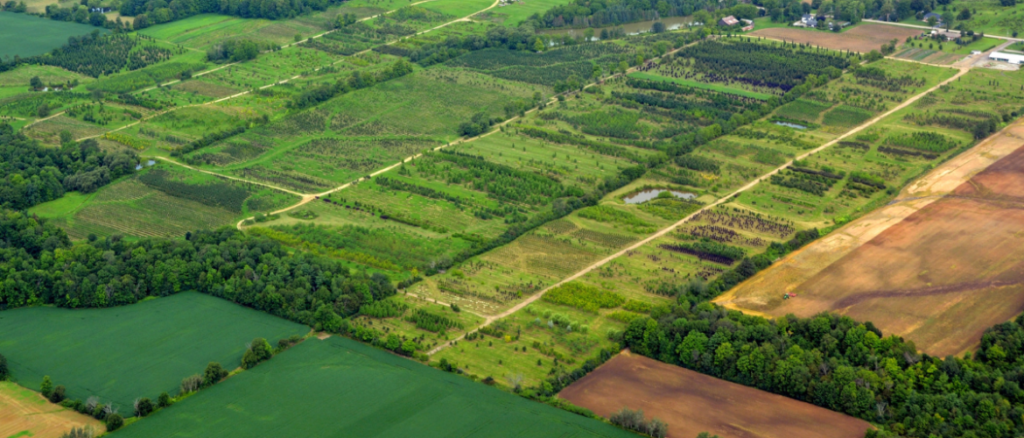On the Greenbelt land removals

The Auditor General’s Special Report on Changes to the Greenbelt has all but transparently confirmed that the removal of the Greenbelt lands including the Duffins Rouge Agricultural Preserve in Pickering in December 2022 was a disastrous move for the people of Ontario. These lands were removed without an objective and transparent selection process, and done so largely to benefit donors and developers with access to the government, and key political public service employees. The Auditor General found that there is no evidence that the removal of the Greenbelt lands was necessary to reach the goal of 1.5 million homes over 10 years.
The provincial government continues to create a false dichotomy of building housing or protecting our prime environmental and agricultural lands. The Auditor General found that no such false choice exists but rather that both can be done effectively. To that end, an objective reading of the investigative work by the Auditor General leads one to the conclusion that the Greenbelt lands were removed simply for the benefit of a select few at the expense of the people of Ontario. The Auditor General has estimated that developers will be benefiting to the tune of approximately $8.3 billion across the 15 sites that were removed from the Greenbelt based on increase in land value (2016 prices).
Furthermore, the removal of these lands from the Greenbelt will have significant adverse effects on agriculture, wetlands, flooding risks, and 29 at risk species. The removal of these lands will also have significant financial impact on taxpayers and residents through increased infrastructure and serviceability costs which will inevitably result in increased taxation. This is a blatant effort to transfer public wealth into private hands. There is a deep inequity in this entire process with respect to the average person being on the hook for subsidizing big businesses and developers; in short, the provincial government has decided to hand our hard-earned tax dollars to developers and their donors.
This is no longer an issue of saving the trees or saving the farmland. Granted those are important issues, but they are too limited in scope to understand what is happening here. Plain and simple, this entire situation is deeply unethical and morally bankrupt, at best and indicative of outright corruption at the highest levels of provincial government, at worst. This type of selective favourable treatment, and corruption, leads to a deterioration in trust in the government and institutions that are the cornerstones of our society. It is a slowly creeping disease that destroys societies and countries from within. There are numerous examples over the years of many countries around the world where this sort of preferential treatment, and transfer of wealth from public to private hands has resulted in significantly reduced quality of life for the majority of the population. We must demand better from our governments if we wish to uphold and preserve our quality of life, lest we fall into the pit of despair leading to the ruin of our society, province and country.